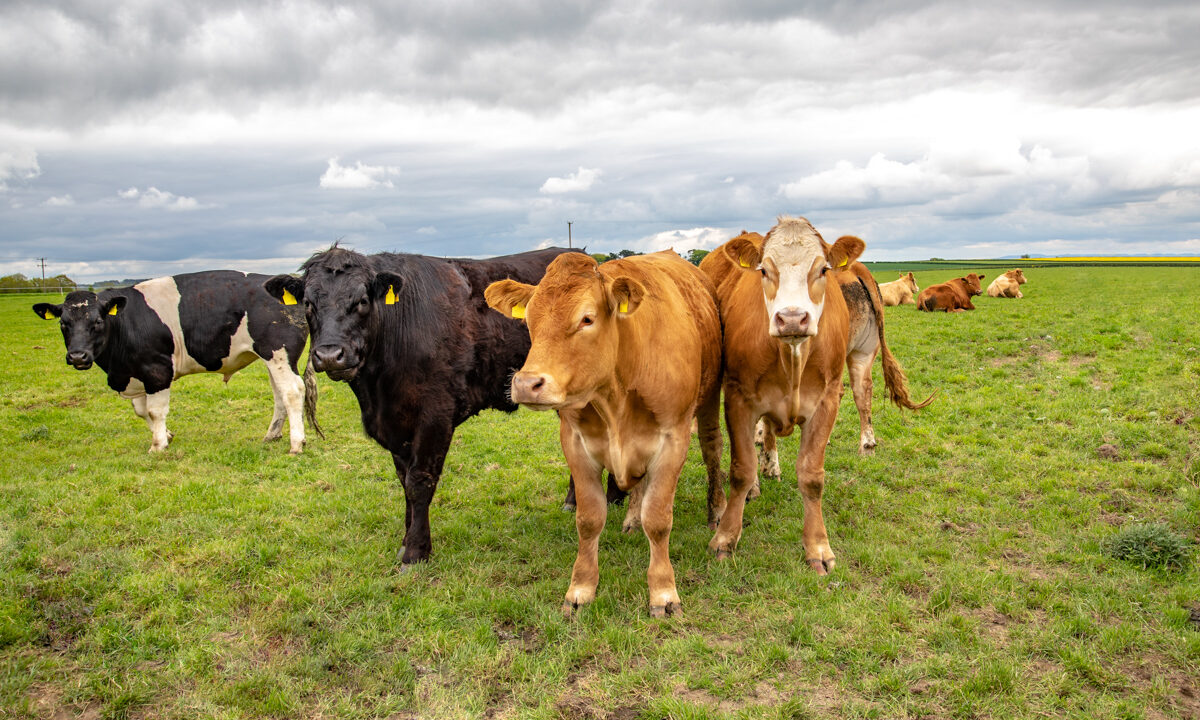Urgent changes are needed to the details of the Beef Exceptional Aid Measure (BEAM) scheme proposed by Minister for Agriculture, Food and the Marine Michael Creed, according to the Irish Farmers’ Association (IFA).
The organisation said it set out six principles for the distribution of the fund and the scheme should fully reflect these, adding that these principles were put to Minister Creed at the consultation meeting yesterday, Thursday, July 11.
Commenting on the proposed scheme, IFA president Joe Healy said: “The minister must take feedback on board, make the necessary changes and then move to pay out the money as soon as possible.
“It is imperative that the scheme is designed in such a way that every single cent of €100 million committed by the EU Commission and the Irish Government is paid out to farmers,” he said.
The minister has said the scheme will cover losses up to May 10 – but prices since then have continued to fall and are now on the floor.
“The minister needs to put the commission on notice that another fund will be needed to cover ongoing losses.”
As regards the details of the scheme, he said that funds should go to the farmers who suffered the losses.
This is the basis for the six principles that were endorsed at eight regional meetings, the president said.
- For beef farmers and must be paid to beef farmers. Not for factories, factory feedlots or factory-owned cattle, agents or dealers;
- Targeted to the farmers who incurred the losses and the sectors who need it most in terms of income;
- For farmers who sold prime finished cattle – steers, heifers, young bulls since last Autumn, and suckler farmers;
- Paid out quickly and directly to farmers;
- Include finished cattle sold in the marts;
- The department has all the data on the AIMs system to enable accurate targeting of the funds.
“The scheme should be able to exclude factory feedlots, factory-owned cattle and dealers.
“If these can be excluded, then the per head and overall payment limits, particularly for cattle supplied post-Christmas, should be looked at for genuine beef finishers.
“Farmers who finished cattle in the reference period made a big investment buying cattle. They need to be able to clear their stocking loans and be back in the market for stores and weanlings in the autumn. The scale of losses experienced by some of these farmers is shocking,” he said.
The exclusion of prime beef animals – steers, heifers and young bulls – from all mixed enterprise farms involving beef and dairy production is wrong, bearing in mind that farmers involved in other commodities or professions are eligible.
“These animals must be included for payment,” he said.
